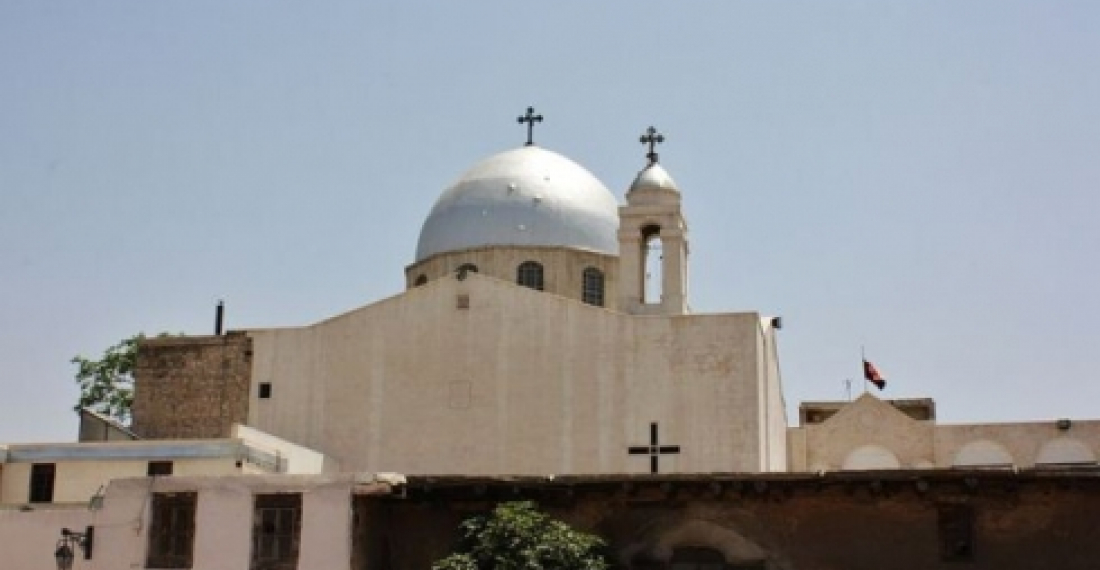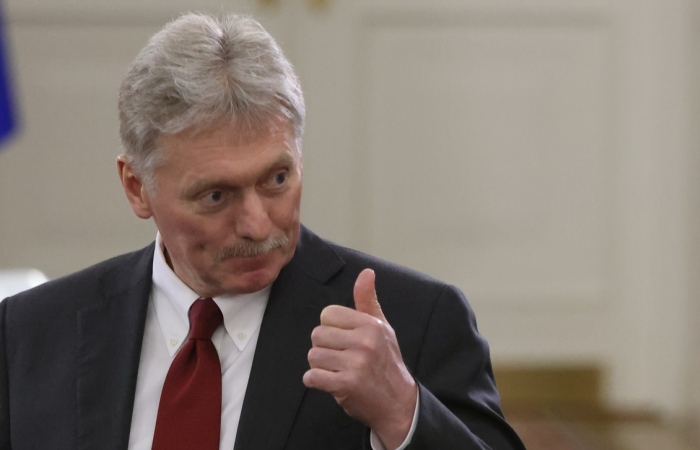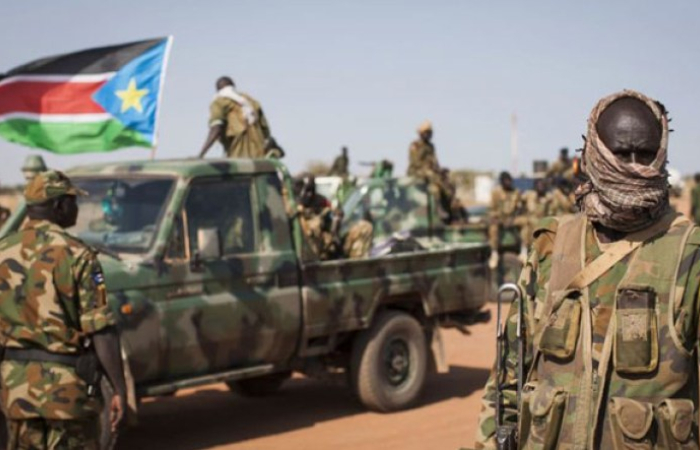Armenian communities in the Middle East are well established and have existed for centuries. In many countries the Armenian community is respected by the Muslim majority that surrounds them. Unlike in Turkey where the last century has been marked by ethnic tensions and attempts at assimilation, the Armenians in the many other countries in the Middle East have largely prospered. From the impressive Armenian quarter in Beirut to the hospitals and Churches of Aleppo, Armenian symbols abound, showing that the communities are not only allowed to practise their faith, but are considered respected members of the societies in which they exist.
There have been no lack of challenges in the last thirty years. The Lebanese civil war, the Islamic Revolution in Iran and the wars in Iraq, have all put a heavy strain on the communities, but somehow they always were able to survive and thrive.
The current conflict in Syria is the latest challenge. The Armenian community in Syria is one of the oldest and most successful. Most Armenians of Syria live in Aleppo, while a smaller community exists in the capital city of Damascus. Armenians even have their own quarter "Hayy al Arman" (Quarter of the Armenians) in Damascus.
There are Armenians also in Latakia, Kesab and Yacoubiyah in the northwest, and in Ar-Raqqah, Tal Abyad, Al-Hasakah, Qamishli, Al-Malikiyah and Ra's al-'Ayn in the east.
By and large the Armenian communities in the Middle East have kept out of the conflicts that have raged over the region in the last decades, keeping their heads down as different groups around them fight it out. This also seems to be the case at the moment in Syria. "The Armenian community in Syria is not disturbed by either the opposition or the authorities," community representative Khachik Djozikian from Aleppo told Armenian News-NEWS.am. “All respect the Armenians, while we support no party,” Djozikian said adding no one is thinking of leaving Syria forever.
“Those who leave the state, search for a temporary and not a permanent shelter, to wait until the country will return to its former calm life.” Djozikian also added that there is no panic among population, and people leaving their homes from the city of Homs move to other Syrian cities like Damascus according to the agency.
The Armenian government is however being urged to do more to support the community in Syria. A special meeting of the Armenian Government last week discussed the situation and measures that needed to be taken. The Armenian opposition is however dissatisfied that the government is not doing enough. Fears of a massive arrival of refugees are however unfounded. Armenians in Syria are well connected with other communities in the Middle East and if they have to move it is more likely to be to Beirut or Dubai rather than to Yerevan or Gyumri.
source: commonspace.eu
picture: The Armenian Church in the Syrian Capital Damascus







